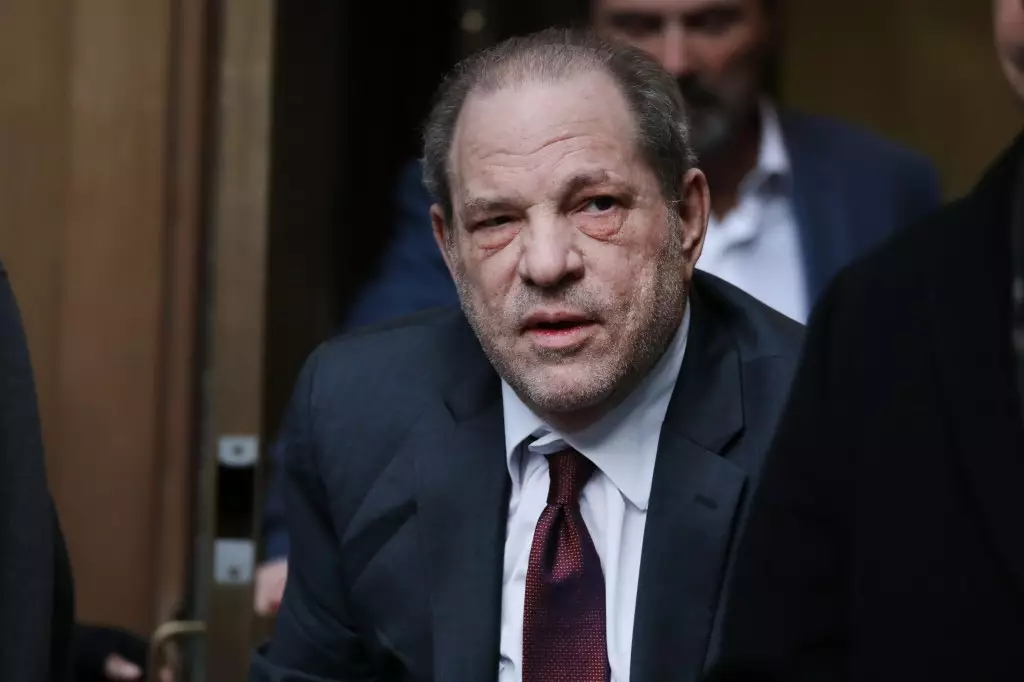Harvey Weinstein’s 2020 conviction on felony sex crime charges has been overturned by New York’s highest court, resulting in the ordering of a new trial. This decision was made due to the judge’s erroneous admission of testimony regarding uncharged, alleged prior sexual acts against individuals not included in the original complaints. Despite the overturning of the conviction, Weinstein’s spokesperson has expressed cautious optimism, mentioning the long road ahead due to the pending Los Angeles case.
In a 4-3 ruling, the New York Court of Appeals found that the trial court’s admission of testimony related to uncharged sexual acts served no material purpose and was highly prejudicial. The court concluded that the errors made during the trial, including the cross-examination of Weinstein based on unrelated allegations, were not harmless. This ruling highlights the importance of fair judicial proceedings and the need to ensure that defendants are judged based on the conduct for which they were indicted.
Harvey Weinstein, who is currently serving a 23-year sentence in a New York prison, has remained adamant about his innocence despite his prior convictions. While he publicly apologized for his past misconduct following media exposure in 2017, Weinstein has consistently maintained that all sexual encounters were consensual. Although the recent court decision has overturned his 2020 conviction, Weinstein will continue to serve his sentence in light of the pending Los Angeles case, where he was convicted of another rape and sentenced to 16 years in prison.
Weinstein’s legal troubles are far from over, as he still faces additional legal battles in both New York and Los Angeles. The complexities of his case, involving multiple allegations of misconduct and separate trials, demonstrate the challenges of navigating the criminal justice system. Despite being acquitted on some charges in Los Angeles, Weinstein’s incarceration in New York at the Mohawk Correctional Facility underscores the severity of the accusations against him.
The overturning of Harvey Weinstein’s 2020 conviction on felony sex crime charges raises important legal questions regarding the fairness of judicial proceedings and the admissibility of evidence in criminal trials. While Weinstein’s spokesperson remains cautiously optimistic about the recent court decision, the implications of the ruling suggest that his legal battles are far from over. As the case continues to unfold, the complexities of Weinstein’s legal challenges highlight the need for careful consideration of legal principles and the importance of upholding justice in high-profile cases.

Leave a Reply